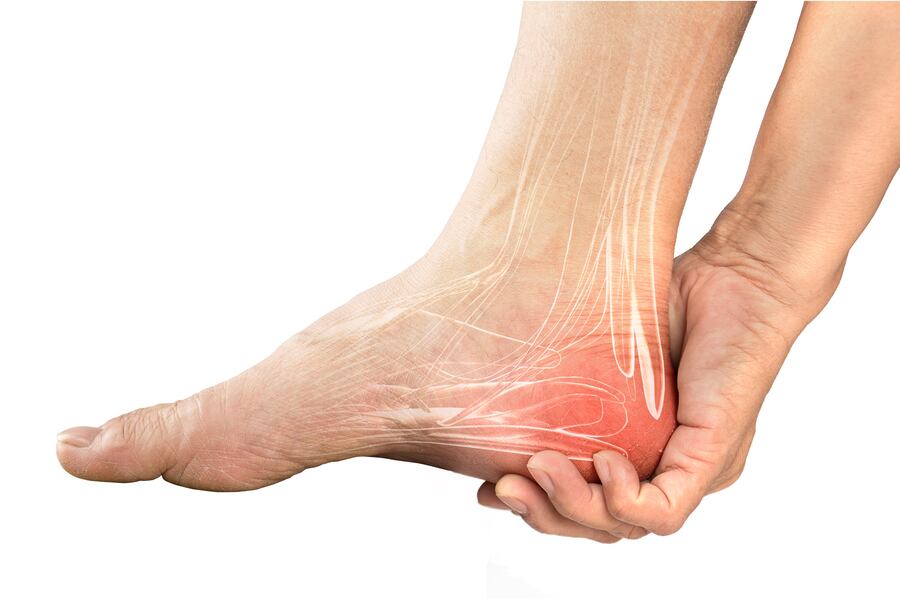Menu
- Home
- Treatments
- Our Providers
- About Us
- Patient Info
- Testimonials
- Locations
- Blog
- Financing
- Contact Us
- Home
- Treatments
- Our Providers
- About Us
- Patient Info
- Testimonials
- Locations
- Blog
- Financing
- Contact Us

Are you struggling with poor circulation? This issue may seem minor at first, but it can lead to many different types of issues that can affect your mobility, comfort, and overall health. At National Vascular Associates, we provide quality vascular treatment options for our clients, and we know how important circulation is to the health of your legs. Continue reading below to learn more about the signs to watch for and, most importantly, how you can steer clear of the problems it brings.

Your body’s circulation system is an intricate network primarily made up of arteries and veins. Arteries are responsible for carrying oxygen-filled blood away from your heart to various parts of your body, including your legs. Veins, on the other hand, are the return routes for blood to travel back to your heart, now carrying less oxygen and more waste products. This seamless exchange is critical for maintaining the health and functionality of your legs and every part of your body.
So, how does this vital traffic flow get disrupted? Poor circulation in the legs can develop from a variety of factors. Lifestyle choices play major roles, such as smoking, a lack of exercise, and consistently consuming a diet that includes high amounts of saturated fats. Underlying health problems such as diabetes, high cholesterol, and high blood pressure can also contribute to compromised artery and vein function. When these factors interfere, they can narrow, block, or weaken your blood vessels, creating the perfect storm for circulation problems.
Atherosclerosis is a common cause of artery issues. This condition involves the buildup of plaques in the arteries, making them narrower and less flexible. For your legs, this means less oxygen-rich blood can reach your muscles and tissues, leading to pain, cramps, and tiredness, especially when walking or exercising.
Vein problems often stem from valvular insufficiency and varicose veins. Our veins have one-way valves that are designed to prevent blood from flowing backwards on its return to the heart. When these valves fail or become weak, blood can pool inside the veins of the legs, leading to swelling, pain, and the visible blue or purple lines known as varicose veins.
The good news is that with early detection and the right care, many of the effects of poor circulation can be managed or even reversed. Lifestyle adjustments, such as adopting a more active daily routine and improving your diet, can make a significant difference. Medical treatments offered by a qualified vascular specialist range from medications to improve blood flow to minimally invasive procedures to address more severe blockages or varicose veins.
At National Vascular Associates, we understand the importance of vascular care. Our team is equipped with the expertise and latest technologies to diagnose and treat circulation issues effectively. We believe in a personalized approach and tailor vascular treatment to each patient's unique needs. Your leg health is critical to your overall well-being, and we're here to support you every step of the way. Contact our office to schedule a time with a local vascular specialist in your area.